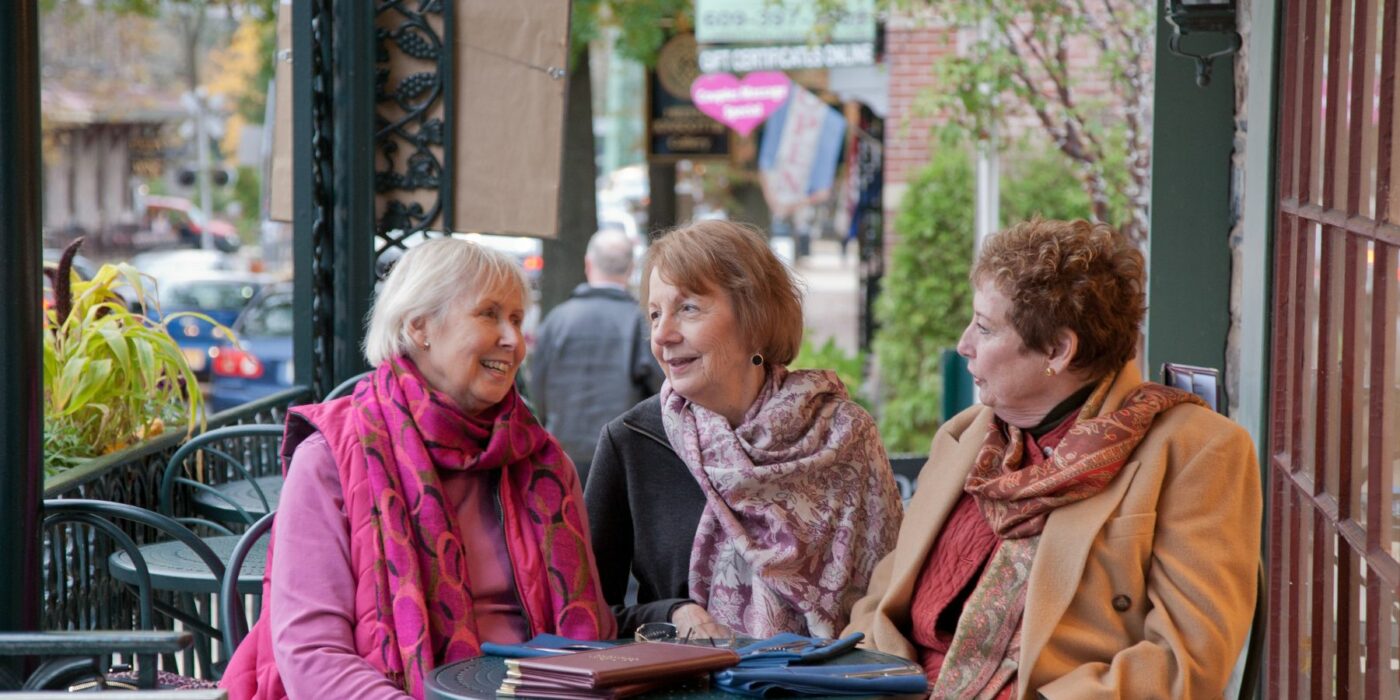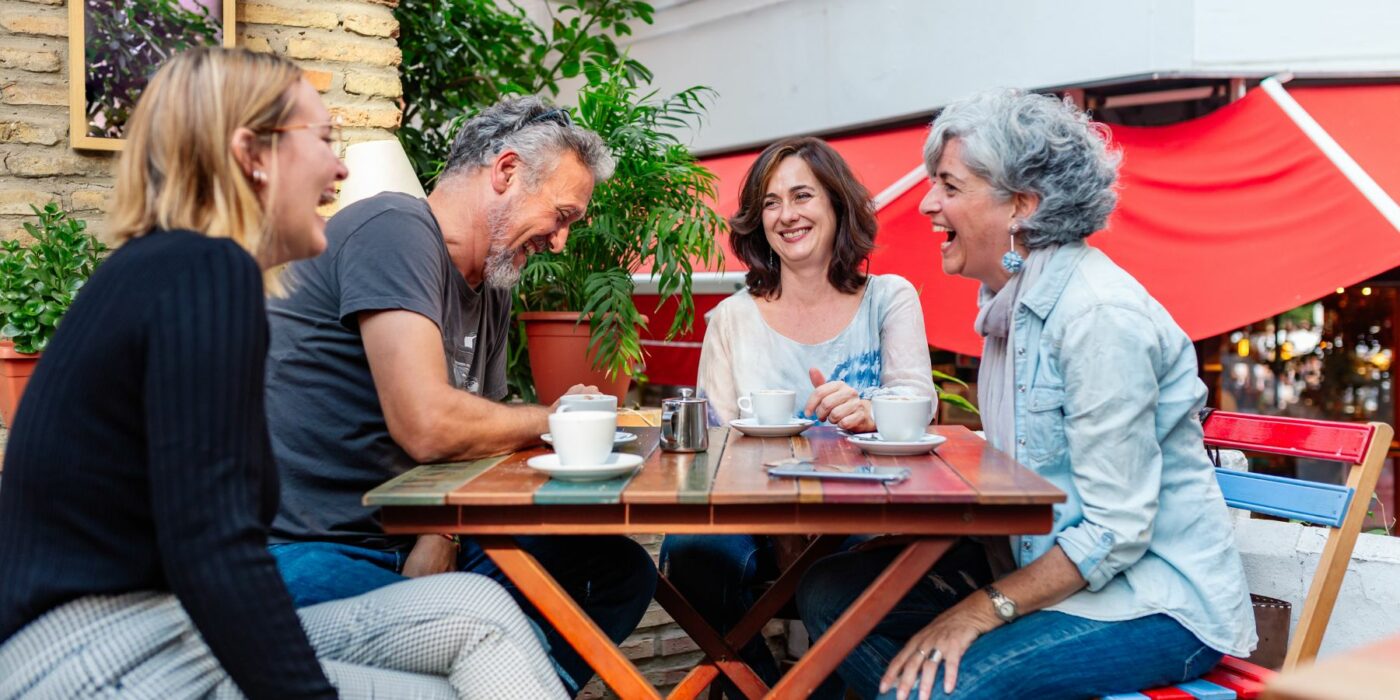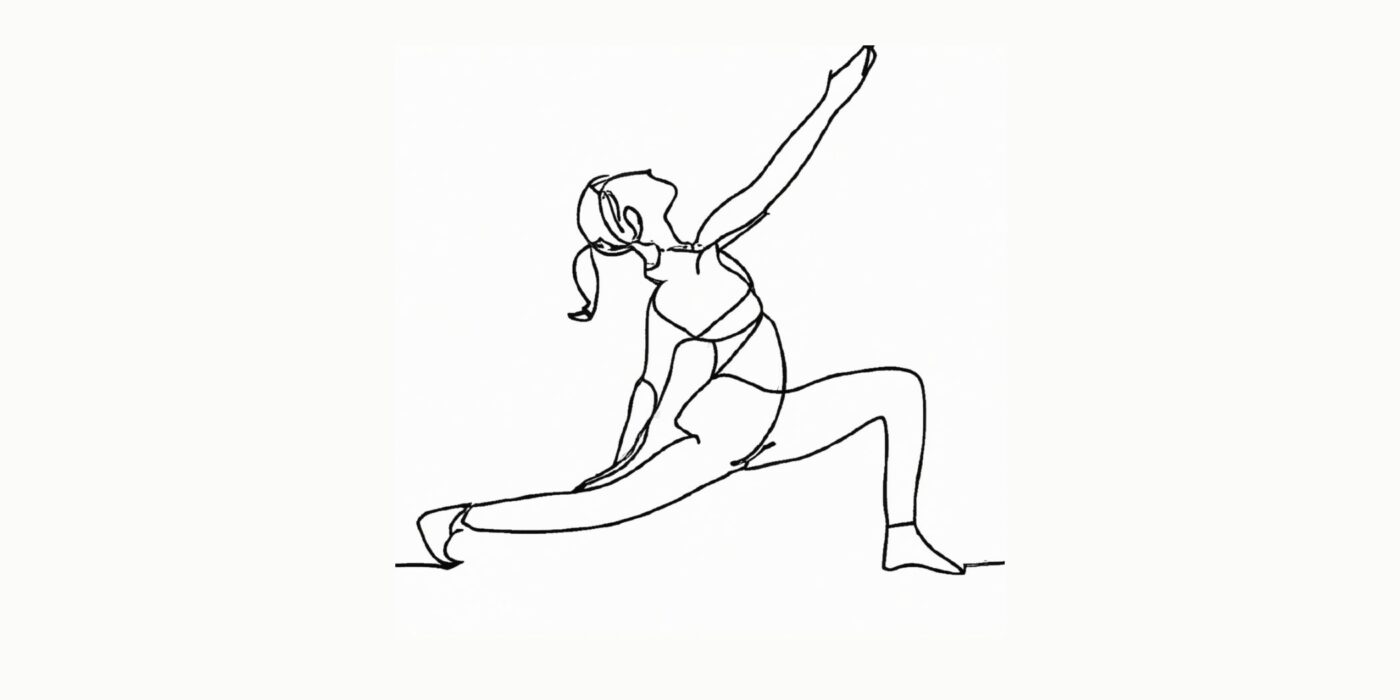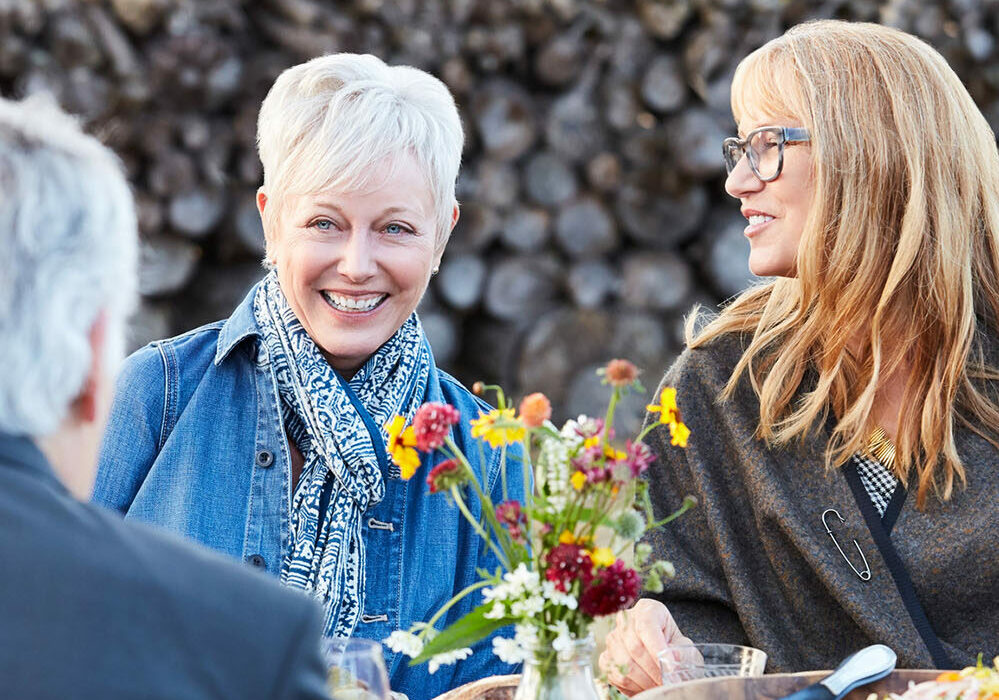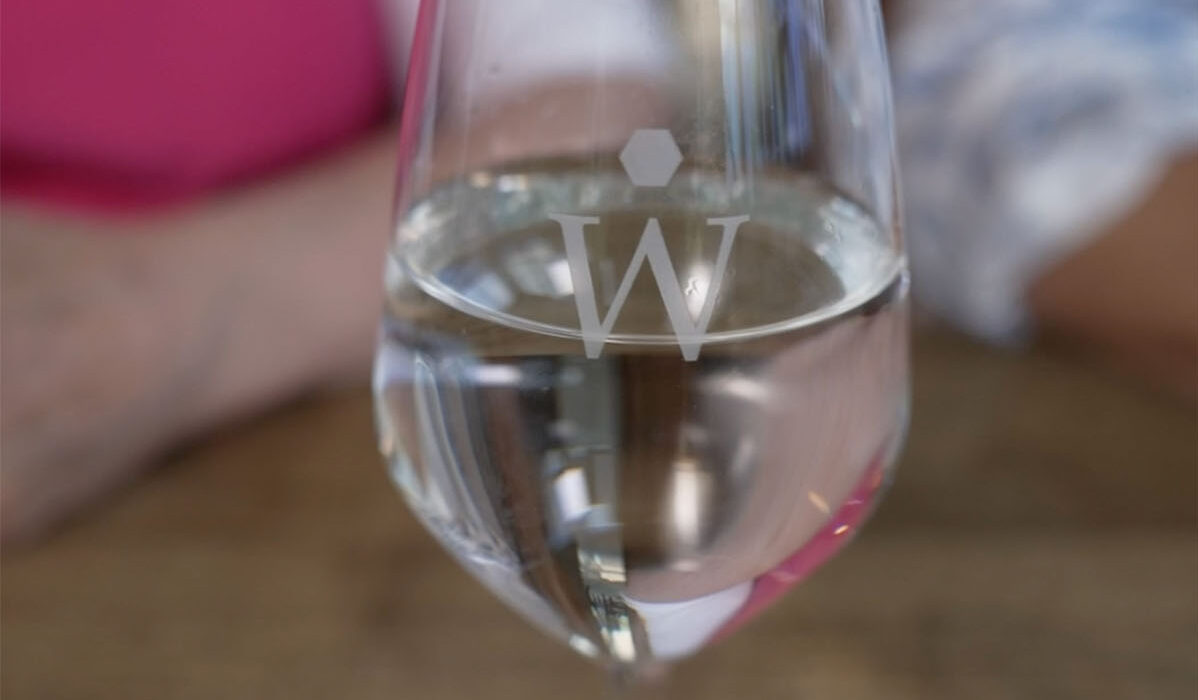Forgiveness is a Gift we Give Ourselves
“To err is human; to forgive, divine.” – poet Alexander Pope
Hands up if you have nothing to forgive yourself or anyone else for. Welcome to the club if you put your hand up. I find there’s always some dust bunny hiding in the back of my mind, a feeling I’ve gotten so used to living with that I don’t see where I need to forgive myself or anyone else. We’re so conditioned, especially in North America, to get over or move past hurt that we bury some of our feelings instead of dealing with them. Research tells us that over time, this type of emotional stress can be linked to mental illness, digestive and immune issues as well as heart disease.
I love what poet Alexander Pope says (above) about erring. To make mistakes is what it is to be a human being; to forgive ourselves and others for making mistakes, is a whole other story.
I don’t know about you, but I’ve been in the mistake making business all my life. I’ve always been independent-minded and very curious; it’s a mix that has helped me achieve some goals and it’s put me in plenty of precarious situations as well. It’s only in the last couple of decades that I’ve become curious about what lessons I was meant to learn from those situations. Before then, I just thought everything was my fault or someone else’s fault and I felt either disappointed in myself or let down by somebody else.
“To forgive is to set a prisoner free and discover that the prisoner was you.” —Lewis B. Smedes, ethicist and theologian
This game of blame, as researcher Dr. Brene Brown shares, is nothing more than a discharge of pain and discomfort. Oops that was me, repeatedly. I felt hurt by something someone did or I felt let down by myself and quickly assigned blame. It seemed like the right thing to do because when I blamed someone else, I felt better and when I blamed myself, I felt that familiar feeling of shame, which I thought was doing something about it. Wrong. Blaming myself was a missed opportunity to explore how I could hold myself accountable for the outcome and that would have felt vulnerable, which I was not familiar with. Vulnerability is another one of those feelings we’re not encouraged to investigate, at the risk of appearing weak.
What I’ve learned though is that being vulnerable is, contrary to popular belief, a strength. When I do presentations and share my story, some people are surprised to hear that I struggled, I mean really struggled as a young person. I had a bit of a stoic nature because nobody around me growing up talked about what was really going on in our lives. My parents taught us that there were home secrets and that was that. So, I invested quite a few years blaming them for the results I saw in my life. It seemed logical until I learned that everything in my life came back to me, so it was my responsibility to forgive them and myself for holding on to so many misguided ideas.
“Forgiveness is not an occasional act; it is a constant attitude.” —Rev. Martin Luther King, Jr.
Forgiveness for me is not a one and done, it’s a process. First, we must recognize where we’re holding on to anger, bitterness, or resentment. Then we must ask ourselves why we’re holding on to it. What benefit is there for us in holding on to these feelings? Then we acknowledge that forgiveness is not for anyone else but ourselves. That’s where we start the process of forgiveness and choose to no longer allow whatever bitterness, anger, or resentment we’ve been holding on to, to take up space in our life. It doesn’t mean we forget what happened, it means that we choose to see the situation through a different lens. We are choosing to put ourselves and our own peace of mind ahead of everything else. You’ve heard me say that we all need to be reminded that we are important, and we matter, right? Well, here’s another way to demonstrate that to ourselves.
“Forgiveness is the greatest gift you can give yourself.” – poet Maya Angelou.
One of my friends has had a years-long challenge with one of her adult children. It’s a complicated situation and my friend has tried every way she knows to reconcile the relationship. Nothing seemed to stick; even after brief moments of connection things would inevitably revert to a strained rapport. Recently my friend heard someone talk about making amends to their family for their behaviour and my friend decided to write a letter to her child, outlining the ways in which she saw herself as responsible for any pain or resentment her child might be feeling toward her. She made it clear that she held herself accountable for the ways in which her child may have felt neglected or let down by her. She read the letter to me; it was powerful. She owned her part in the demise of their relationship and that’s all she could do. She began the process of forgiving herself for whatever mistakes she may have made, perceived or real. She delivered the letter and released her feelings of resentment and frustration with it. I know she felt better about the situation and my hope is that in sharing her story, perhaps you might recognize that there’s some dust bunny somewhere in your mind that has been living rent free for too long and it’s time to go.
“The weak can never forgive. Forgiveness is the attribute of the strong.” – Mahatma Gandhi, Indian leader, and activist.
It takes great courage and self-compassion to begin the process of forgiving ourselves and others. The great reward is that in clearing out the clutter of misunderstandings, missed opportunities and resentments, we create space for more goodness and more joy to move in.
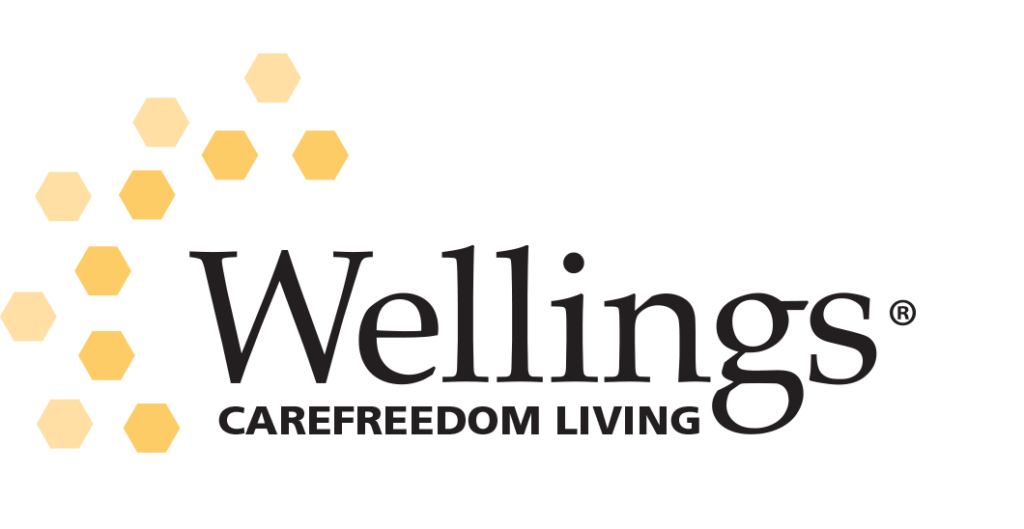
This Wellings blog by Kathie Donovan was exclusively written for Welllings Communities and appeared first on MyWellings.com.





